Diesel Spare Parts Kit: Must-Have for Emergencies
When a power outage strikes, the reliability of your diesel generator becomes paramount. However, even the most robust generator can face unexpected component failures that render it inoperable at the worst possible moment. The single most effective strategy to mitigate this risk is maintaining a comprehensive Diesel spare parts kit. This proactive approach to maintenance and emergency preparedness transforms potential extended downtime into a manageable, quick repair, ensuring your operations remain powered when it matters most. A well-planned Diesel spare parts kit is not an expense; it is a critical investment in operational continuity and risk management.
Core Components of an Emergency Kit
A basic emergency kit should address the most common failure points that can prevent a generator from starting or running. These are the absolute essentials that can resolve the majority of common issues.
Fuel Filters: Clogged filters are a primary cause of power loss and engine shutdown. Keeping spares on hand is non-negotiable for uninterrupted fuel flow.
Oil Filters: Regular oil changes are vital, and having the correct filter ensures you can perform this critical maintenance without delay.
Air Filters: A dirty air filter restricts airflow, reducing engine efficiency and power output. A spare allows for immediate replacement.
V-Belts: The belt driving the coolant pump and fan can wear out or snap. A failure here leads to rapid overheating.
Batteries: A weak or dead battery is the most common reason for a failure to start. Having a known-good replacement battery ready is crucial.
Common Fuses and Relays: These small, inexpensive electrical components can halt operations instantly. A kit with an assortment can quickly resolve electrical control issues.
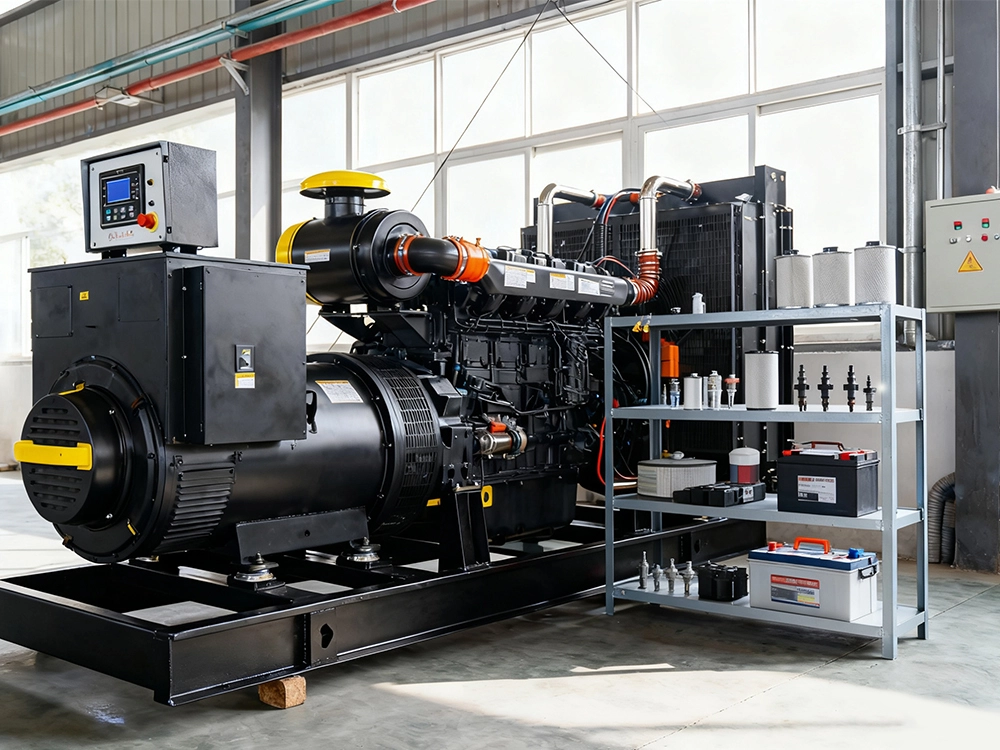
Advanced Components for Critical Operations
For facilities where power reliability is absolutely critical, an advanced Diesel spare parts kit should include components that address more complex failures.
Starter Motor & Solenoid: A faulty starter motor will completely prevent engine cranking. For mission-critical applications, having a spare can save days of downtime.
Fuel/Water Separator Cartridges: Essential for preventing water-contaminated fuel from damaging the injection system.
Voltage Regulator (AVR): This component is key to stable electrical output. Failure results in under or over-voltage, making power unusable.
Coolant Temperature Sensor & Oil Pressure Sensor: Faulty sensors can provide false readings to the controller, causing unnecessary shutdowns.
Injector Nozzles: While more specialized, a clogged or faulty injector can cause rough running and significant power loss.
Customizing Your Kit
A one-size-fits-all approach is ineffective. A proper Diesel spare parts kit must be tailored to your specific situation to ensure cost-effectiveness and relevance.
Generator Model and Hours of Operation: A high-hour generator may need different parts (like bearings) compared to a low-hour unit.
Local Environment and Fuel Quality: Sites with poor fuel quality need more fuel filters and separators. Dusty environments require more air filters.
Criticality of the Load: A hospital or data center requires a more extensive and advanced kit than a construction site generator.
Maintenance Team Skill Level: The kit should only contain parts that your on-site team is trained and authorized to replace.
Storage and Management Best Practices
Simply owning the parts is not enough. Proper storage and management are what make the kit reliable in an emergency.
Climate-Controlled Environment: Store parts in a clean, dry, and temperature-stable space to prevent corrosion and degradation.
Secure and Organized Inventory: Use labeled bins and a shadow board system so every part has a place and missing items are immediately obvious.
First-In-First-Out (FIFO) System: Use older parts first and rotate new stock to the back to prevent components from expiring on the shelf.
Documented Inventory List: Maintain a clear list of all parts, their part numbers, and the generator models they are for.
Regular Audits: Conduct quarterly checks to ensure all parts are present, in good condition, and have not surpassed their shelf life.
Cost-Benefit Analysis of Preparedness
The investment in a spare parts kit must be weighed against the staggering cost of downtime.
Downtime Costs vs. Parts Investment: A few thousand dollars in spare parts is insignificant compared to the tens or hundreds of thousands lost per hour in a data center or manufacturing plant outage.
Reduced Emergency Repair Premiums: Having the parts on-site avoids expensive emergency call-out fees and expedited shipping costs from suppliers.
Extended Equipment Lifespan: The ability to perform immediate repairs prevents minor issues from cascading into major, costly damage.
Operational Peace of Mind: The confidence that comes from being prepared is invaluable, allowing your team to focus on operations rather than potential failures.
Implementation Guide
Building and maintaining an effective kit is a systematic process.
Consult Your Maintenance Logs: Identify which parts have failed or been replaced most frequently—these are your top priorities.
Review the OEM Recommendations: Check the generator manufacturer's manual for their recommended spare parts list for your specific model.
Start with the Core, then Expand: Begin with the essential filters, belts, and batteries. Gradually build your inventory to include the advanced components based on your risk assessment and budget.
Integrate with Your Maintenance Schedule: Use the spare parts kit as the foundation for your preventive maintenance program, ensuring parts are available when scheduled services are performed.
Conclusion
In the realm of emergency power generation, hope is not a strategy. Preparation is. A comprehensive and well-managed Diesel spare parts kit is the physical embodiment of this preparation, serving as the most direct and effective insurance policy against prolonged and costly power interruptions. It empowers your team to take immediate action, restores power faster, and protects your business from the domino effect of generator failure. Don't wait for an emergency to reveal the gaps in your preparedness.
References
Generator Manufacturers Association. (2021). Recommended Practice for Diesel Generator Maintenance and Troubleshooting. GMA Technical Publication TP-107.
International Organization for Standardization. (2018). Reciprocating internal combustion engine driven generating sets — Part 1: Application, ratings and performance (ISO 8528-1:2018).
National Fire Protection Association. (2020). Standard for Emergency and Standby Power Systems (NFPA 110).
Johnson, M. (2022). Emergency Power Systems: A Comprehensive Guide to High-Speed Diesel Generators. Power Engineering Quarterly, 45(3), 78-92.
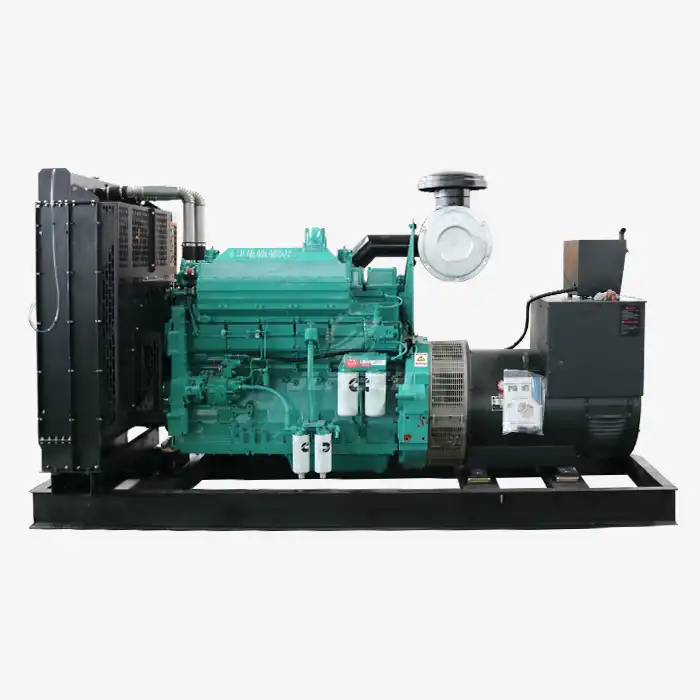 VIEW MOREMining emergency power generator
VIEW MOREMining emergency power generator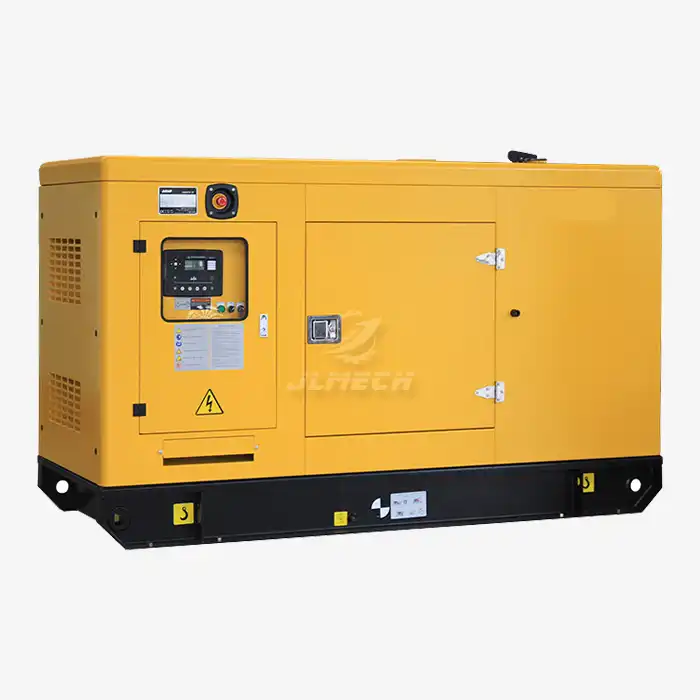 VIEW MOREATS generator system
VIEW MOREATS generator system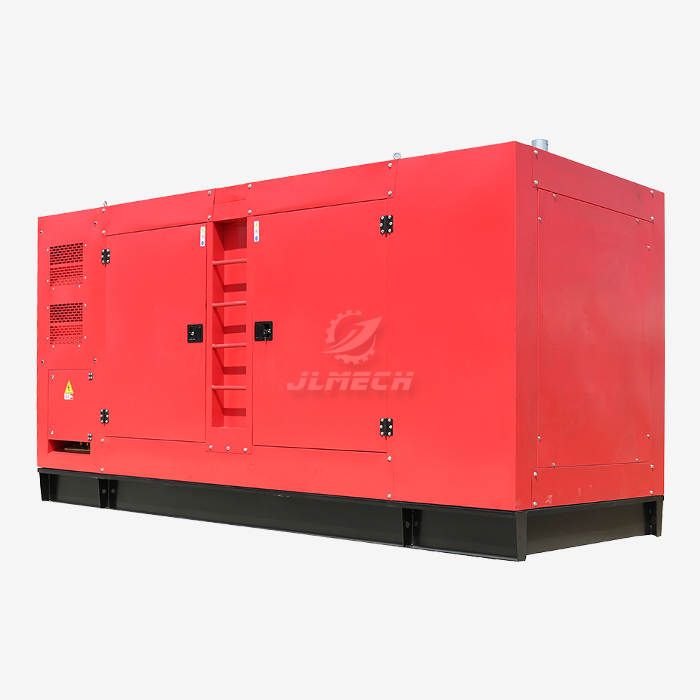 VIEW MOREElectric control diesel generator
VIEW MOREElectric control diesel generator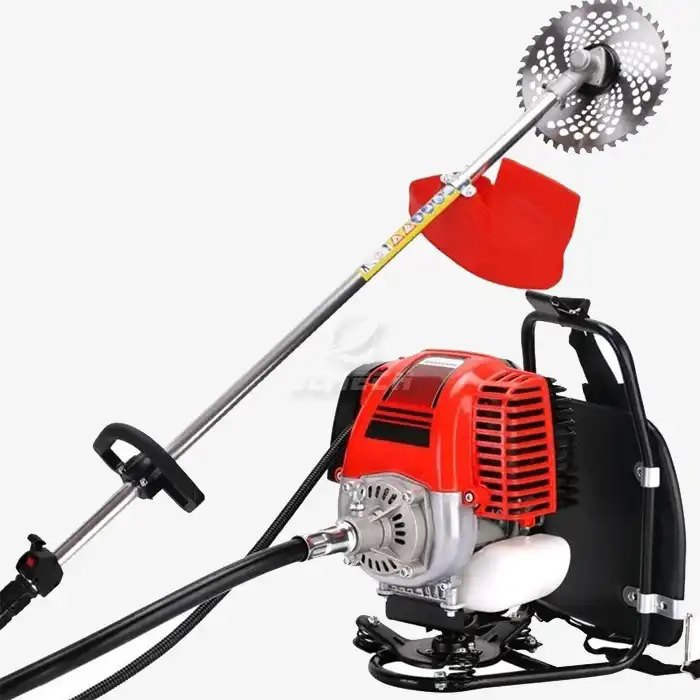 VIEW MORE4 stroke brush cutter machine
VIEW MORE4 stroke brush cutter machine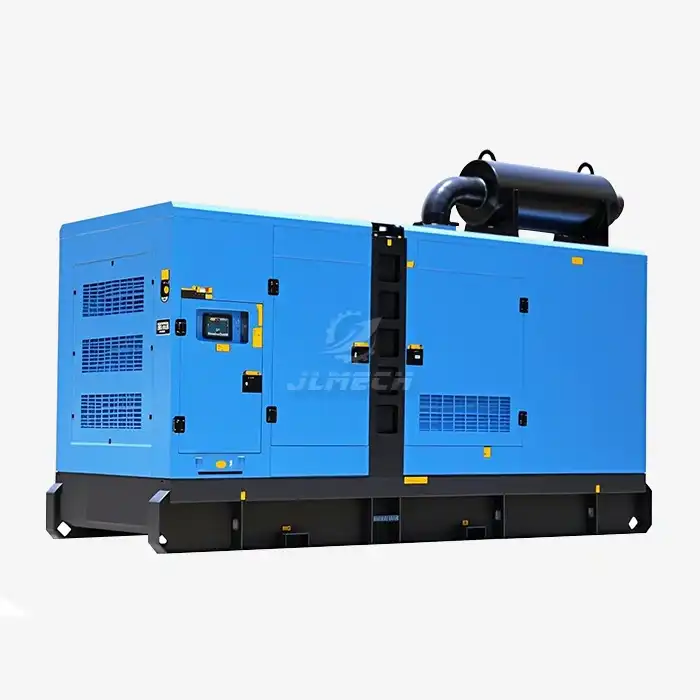 VIEW MOREbig generator diesel generator silent
VIEW MOREbig generator diesel generator silent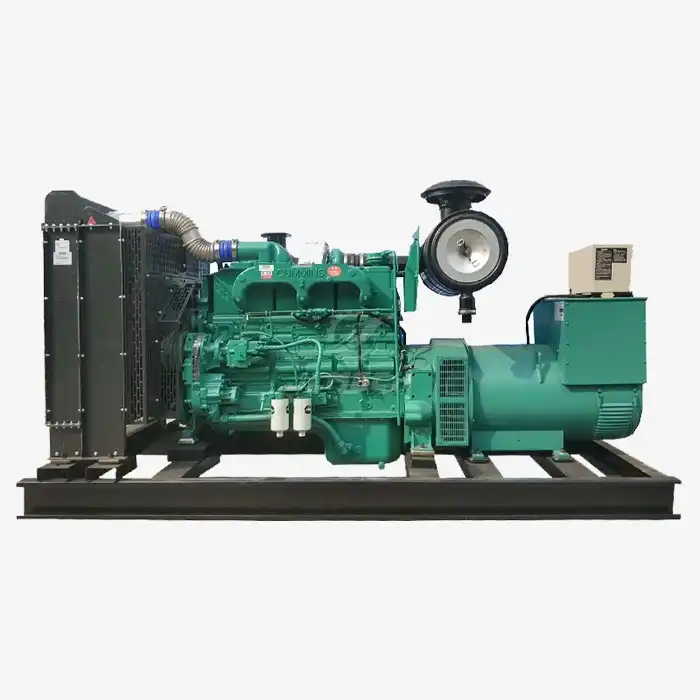 VIEW MORE50 kva diesel generator open type
VIEW MORE50 kva diesel generator open type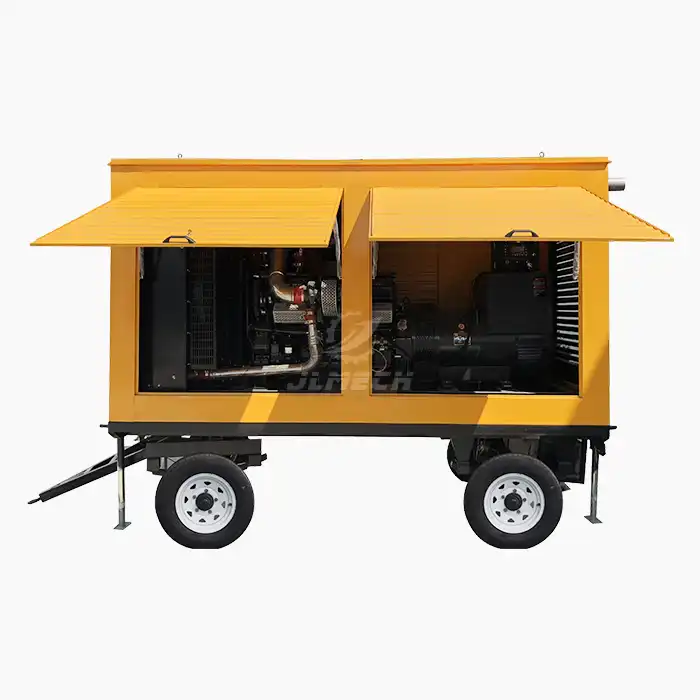 VIEW MOREportable mobile power station
VIEW MOREportable mobile power station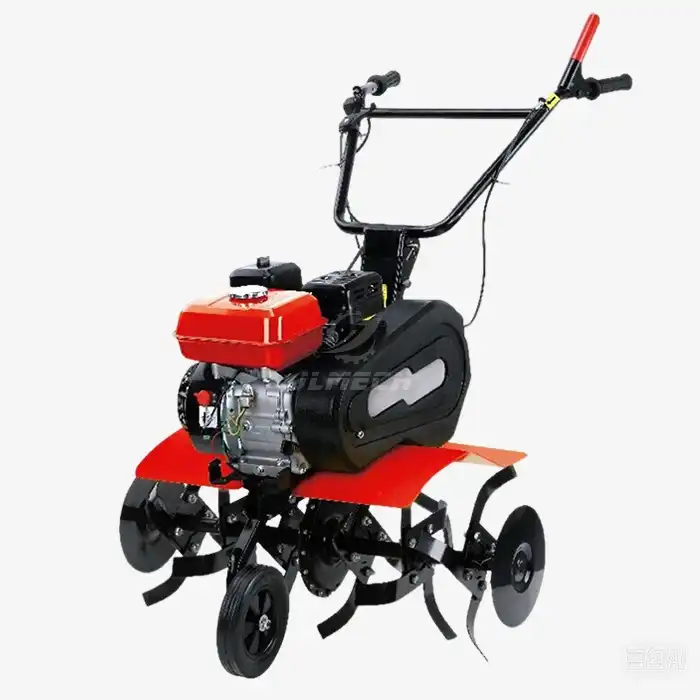 VIEW MOREcultivators mini tiller rotary
VIEW MOREcultivators mini tiller rotary



